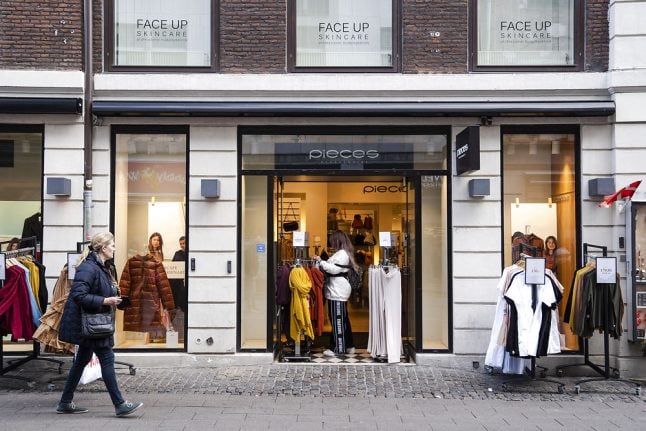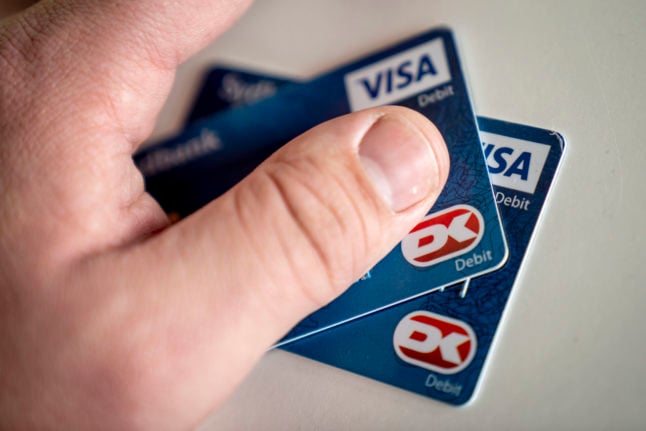It is often touted as one of the world’s most expensive nations, and Denmark’s placing on a 2020 index for the cost of living in countries around the world appears to reflect that.
Scandinavian neighbour Norway and fellow Nordic nation Iceland both place ahead of Denmark on the list of most expensive countries for living, as do Japan and Switzerland. The latter was ranked 1st overall.
The list, compiled by business magazine CEO World, ranks 132 countries in order of living costs based on data from a range of studies and media.
Parameters encompassed by the analysis include accommodation, clothing, taxi fares, utility, internet, the price of groceries, transport, and eating out. The data was used to compile a score for each country within five metrics: cost of living, rent, groceries, eating out and purchasing power.
The metrics were then given a value using New York City as a control: if a country has a score of over 100, it is more expensive than New York.
Three countries did in fact achieve this for their overall Cost of Living Index score: Switzerland (122.4), Norway (101.43) and Iceland (100.48).
With an index of 83, Denmark was not too far behind in 5th place.
READ ALSO: Why Denmark is STILL the most expensive EU country for consumer goods
Sweden was the cheapest of the three Scandinavian countries in 23rd (69.85).
The United Kingdom was placed 27th (67.28), Ireland 13th (75.91), the United States 20th (71.05), Canada 24th (67.62) and Australia 16th (73.54).

Photo: CEO World
Looking at the metrics individually, Denmark’s performance was variable.
The Nordic nation was the 17th-most expensive country on the cost of rent index.
For groceries, it was some way down the list at 21st – a surprising conclusion, given that Statistics Denmark last year found Denmark to be the most expensive country in the EU for food and drink products (excluding alcoholic drinks).
Nevertheless, cooking at home may be a good way to save money in Denmark, since it ranked as the fourth-most expensive country to eat at a restaurant – behind Switzerland, Iceland and Norway.
For local purchasing power, Denmark is 8th on the list.



 Please whitelist us to continue reading.
Please whitelist us to continue reading.
Member comments